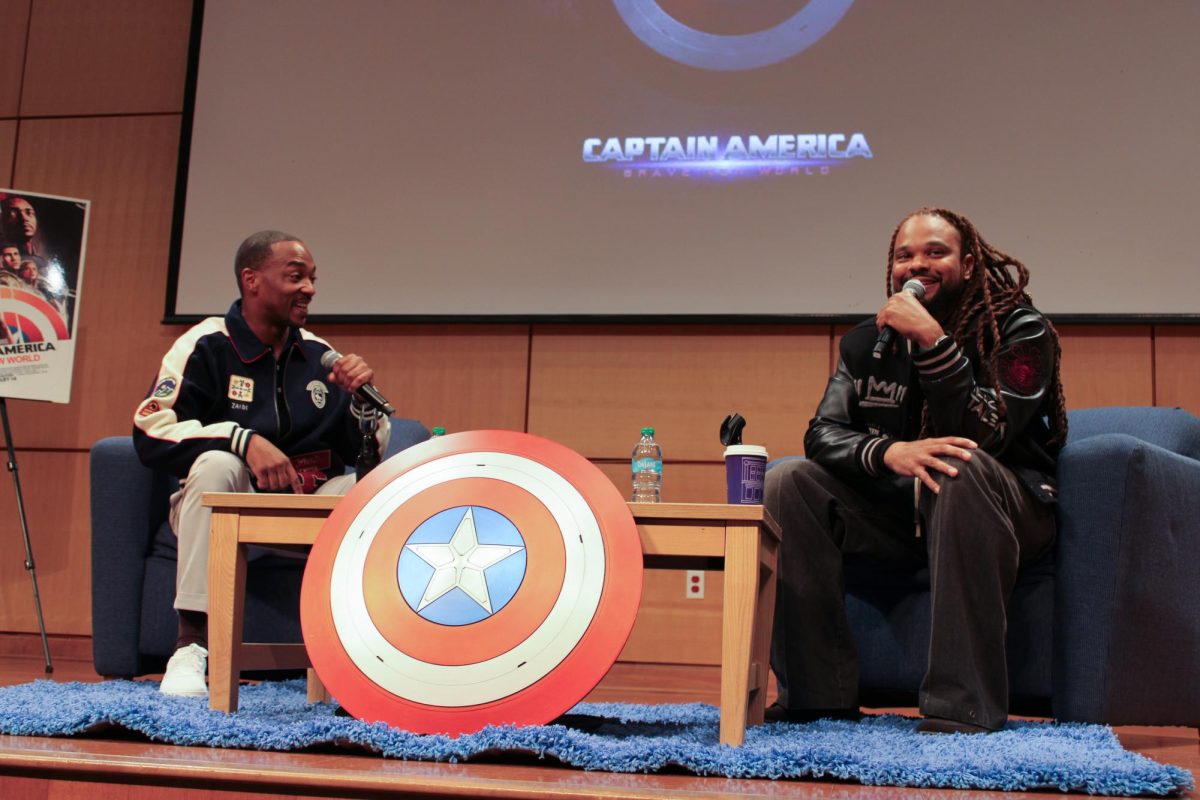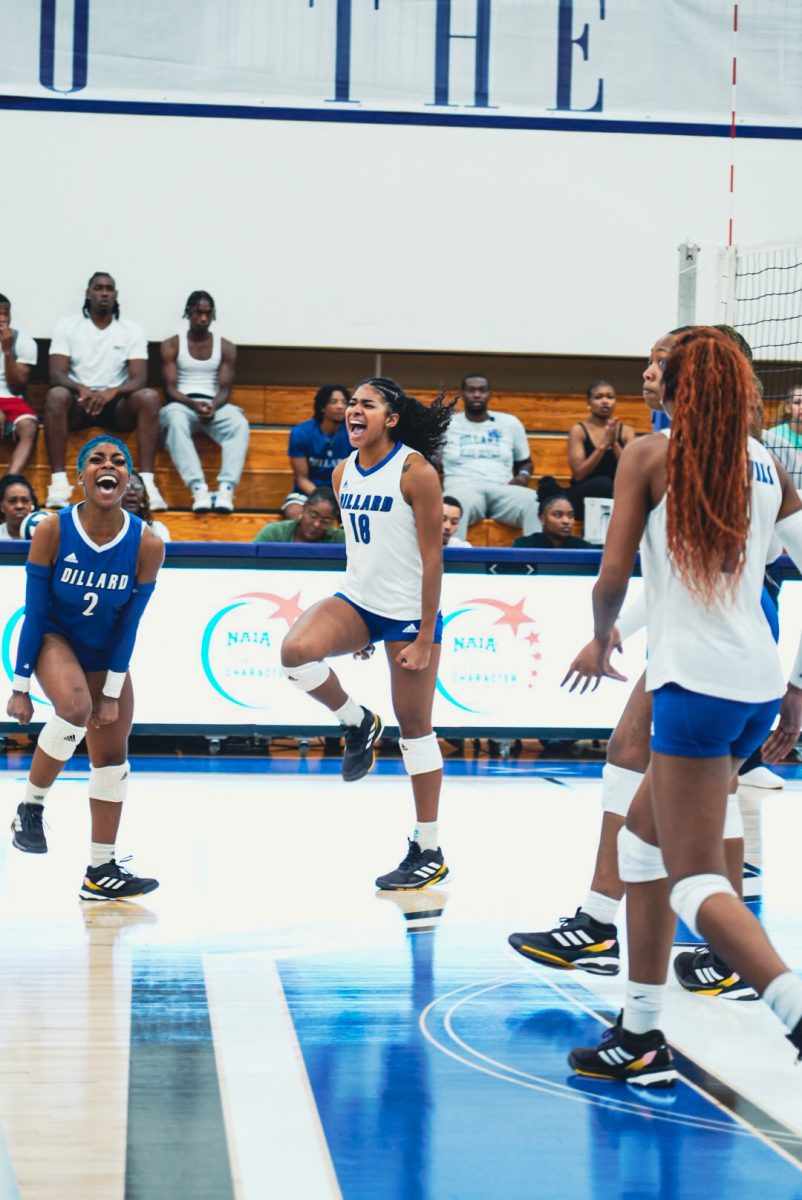Often, many college students are bombarded with credit card offers day after day.. Advertisements on television, radio and billboards seem to never go away. Not only are the cards in your outer world, but also they get personal with you and come to your doorstep. Why do credit card companies target college students? And more importantly, why do most students accept them?
Cristina Gross, a senior, said she receives credit card offers in the mail every time she goes to her mailbox.
"I think they target young, non-independent, students because they know, or at least have a feeling, that ‘us students’ will accept the card, overspend, and then run to our parents for the money to pay the bill. They won’t get me to do that.
Though it has crossed my mind when I run out of cash," Gross said.
Many students said they are often tempted to fill out the applications and receive their credit cards.
"It became exciting to see who would pre-approve me next. Would it be Visa, Master Card, or my favorite, American Express? With their fancy offers and pretty cards, it is hard for a college student not to be tempted," said Kristie Holmes. "But the problem is they like to charge high interest rates and will keep you in debt. At least that’s what my mother told me, which kept me from getting any cards."
Though many college students have credit cards, the vast majority of them never take the time to investigate what they may be getting themselves into. The Early Show financial advisor Ray Martin reported on a CBS News Broadcast from the Nellie Mae Loan Center, that growing parts of college debt, besides the loans, are unnecessary.
"It’s a result of four years of charging pizza and shoes and booze on new credit cards," Martin said. "College students are prime targets for credit card companies, which set up tables on campus and entice students to sign up for new cards with promises of free T-shirts or other goodies. Unfortunately, many students eagerly apply for credit and use it unwisely."
According to Nellie Mae, a college freshman is offered eight credit cards in his or her first semester and the average graduating senior has six cards in his or her name. Martin said that students only need one credit card. Most students will receive offers for "student credit cards." These are simply cards that companies market specifically to students and typically have lower credit lines – $500 to $1,000 – and higher interest rates. The average rate on these cards range from 10 percent to 19.8 percent.
Martin also said that students who are worried about falling into debt could consider getting a pre-paid credit card. "It would be a safety net that would allow a set dollar amount on the card so you don’t have to worry about driving up a large balance."
Nellie Mae reported that the biggest concern a student should have when opening a credit card should be how the debt and its management will affect their credit report and credit rating. Students should look at what having a major amount of debt could do for their future. They found that over half of all graduates with debt feel burdened by that debt. For example, the study discovered the probability of owning a home decreases by a small amount as debt levels increase. Family structure, age, and income remain the most important determinants of home ownership, but an additional $5,000 of debt reduces the probability of owning a home by about one percent.
With this knowledge, college students should think twice about getting credit cards. Dillard aluma, Krystal Lofton, class of 2004, was a little stunned by these findings.
"I always knew credit card companies used incentives as scams to get people to apply for a card, especially college students. I really didn’t blame them; I mean people have to make their money some how," Lofton said.
"But I never knew how high the percent of college students with cards and in debt was. I think if I had done more investigating before I opened my credit cards, I would be in better shape now. By the time I was a senior I had five cards. It took a lot of pressuring my parents to finally convince me I didn’t need all these cards; their paying off two of my highest balances convinced me too. Right now I have three major credit cards, two of them I have stopped using and started paying double the minimum balance a month, which still will have me paying for a couple of years, and the third I only use for emergencies and pay the minimum balance."
Lofton encourages students to be wise when accepting a credit card offer.
"Everyone’s parents warn them about getting a credit card in college. Who really listens? We think we know it all and are independent. But when times get bad and debt starts to rise, who do we all turn to? Though it may not be intentional, our parents, a family member, or a close friend. This is no one else’s problem but our own. We need to face it and warn others. Don’t get the card, unless you can afford it and the high interest rates that come along with it."





























